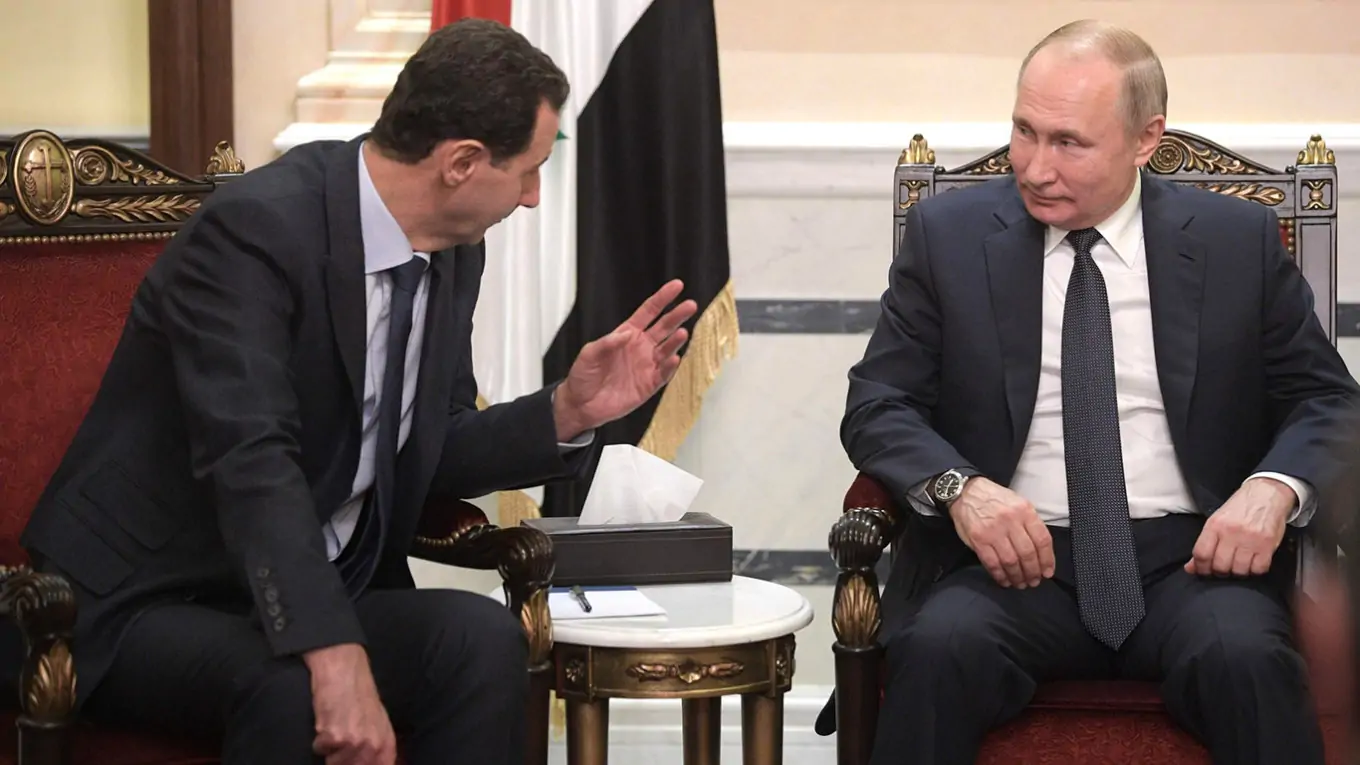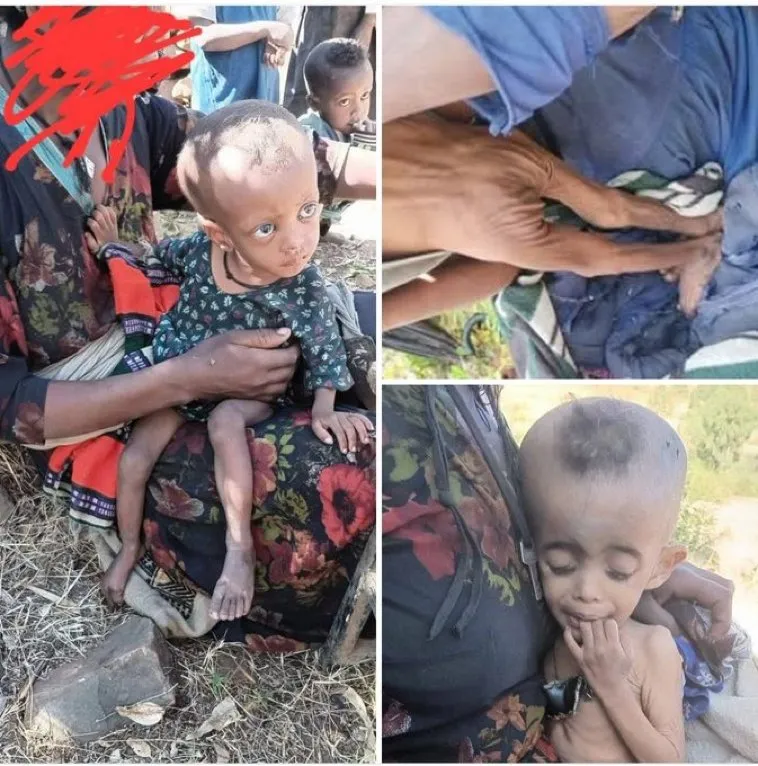By Fekadu Ethiopia, Ethiopian Red Cross Society and Katherine Mueller, IFRC
The decision by the Government of Saudi Arabia to crack down on illegal immigrants is causing ripple effects at Bole International Airport in Addis Ababa, Ethiopia.
Daily flights between the two countries have doubled to accommodate a rapid influx of Ethiopian returnees. An estimated 40,000 returnees arrived over the span of a few days and that number is expected to increase to 80,000.
One of the first sights greeting the men and women now returning to their homeland is the emblem of the Red Cross. The Ethiopian Red Cross Society is at the forefront of operations, supporting the government in ensuring returnees receive the the assistance they require. Sixty Red Cross volunteers are working around the clock, carrying luggage for returnees, providing first aid, and transportation to shelters.
“Many of these people are arriving with very little. Some have had to leave all of their belongings behind,” said Frehiwot Worku, Secretary General, Ethiopian Red Cross Society. “They need to rebuild their lives from scratch. Working with the government and other partners, we are making sure they have the basics, shelter, food, and blankets.”
Critically, Red Cross volunteers are also ensuring returnees are reunited with their loved ones. “People are arriving exhausted, but also emotionally traumatized by the ordeal of having to leave Saudi Arabia,” said Worku. “Providing a mobile phone so people can reconnect with their families helps to ease a lot of their anxiety. It is such a simple gesture, but the impact is tremendous.”
The society has also deployed five ambulances to transport returnees from the airport to nearby hospitals, including mothers who gave birth either shortly before deportation or upon arrival. Staff and volunteers have helped build 15 temporary shelters and four first aid stations. They are distributing food and non-food items, including soap, blankets and plastic sheeting and work is underway to set up two additional temporary shelters to accommodate a further 4,000 returnees.
“We would not be able to do any of this if it weren’t for our team of dedicated volunteers,” said Worku. “They are putting their own lives aside for the moment to be by the sides of these returnees in need of assistance. With international volunteer day fast approaching, it is important to recognize their valuable contributions to these smaller scale but meaningful operations.”
Source: http://www.ifrc.org















